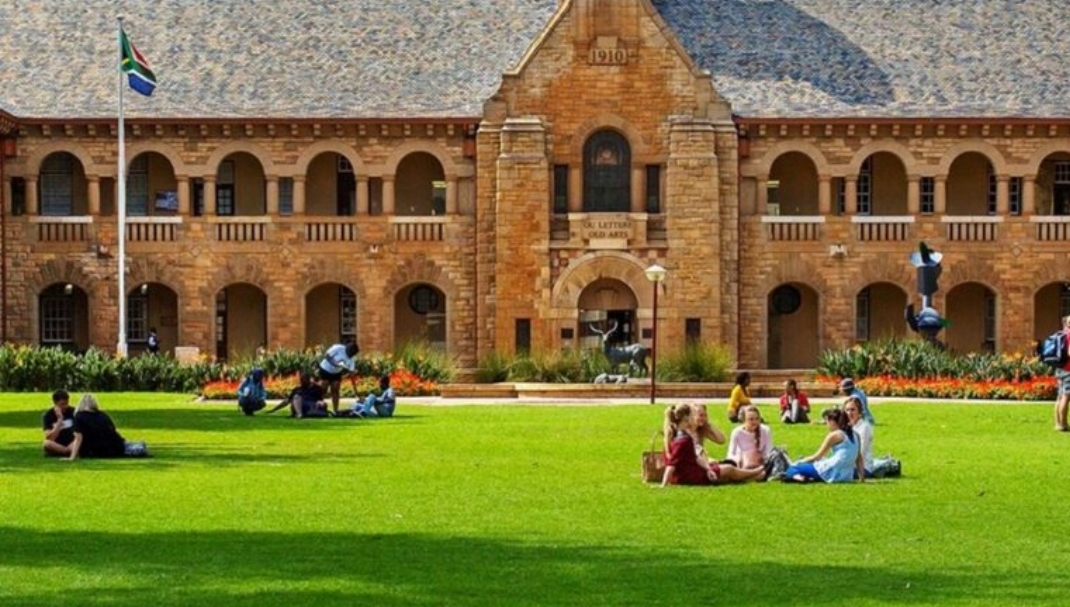In the realm of academia, South African universities stand at a pivotal juncture, holding within their grasp the opportunity to emerge as frontrunners in humanities education worldwide. Rooted in a rich tapestry of social and institutional memory, alongside a robust academic faculty, these institutions possess the essential ingredients for global leadership. However, to realize this vision, they must navigate carefully, avoiding the pitfalls of parochialism and reverse racism while asserting their independence against mounting governmental and bureaucratic pressures.
At the heart of South African universities’ potential lies their unique amalgamation of social and institutional memory. Shaped by a history marked by both adversity and resilience, these institutions are imbued with a deep understanding of societal complexities and cultural nuances. This inherent knowledge serves as a cornerstone for fostering a more inclusive and diverse approach to humanities education, one that transcends traditional boundaries and embraces a global perspective.
Moreover, the academic staff of South African universities stands as a formidable asset in this journey towards global leadership. With a wealth of knowledge and expertise spanning various disciplines, these educators possess the acumen to drive innovation, foster critical thinking, and inspire future generations of scholars. Their dedication to excellence, coupled with a commitment to advancing knowledge, positions South African universities as beacons of intellectual prowess on the global stage.
However, amid this promising landscape, there exist challenges that must be addressed to fully harness the potential of South African universities. Foremost among these is the imperative to avoid parochialism and reverse racism, particularly in the implementation of policies such as “Africa to Africans.” While initiatives aimed at empowering African scholars are commendable, they must be executed with a steadfast commitment to meritocracy and inclusivity, ensuring that excellence remains the primary criterion for advancement.
Furthermore, South African universities must assert their independence in the face of increasing governmental and bureaucratic pressures. While collaboration with state entities is essential for advancing national development goals, academic freedom and institutional autonomy must remain sacrosanct. By resisting undue interference and upholding academic integrity, these universities can safeguard their position as bastions of knowledge and thought leadership.
The trajectory of South African universities towards global leadership in humanities education is both promising and attainable. With their rich social and institutional memory, coupled with a robust academic faculty, these institutions possess a unique advantage in shaping the future of scholarship and discourse. However, to realize this vision, they must remain vigilant against parochialism and reverse racism, while steadfastly defending their independence against external pressures. By doing so, South African universities can emerge not only as leaders in their own right but as beacons of enlightenment for the world at large



Average Rating